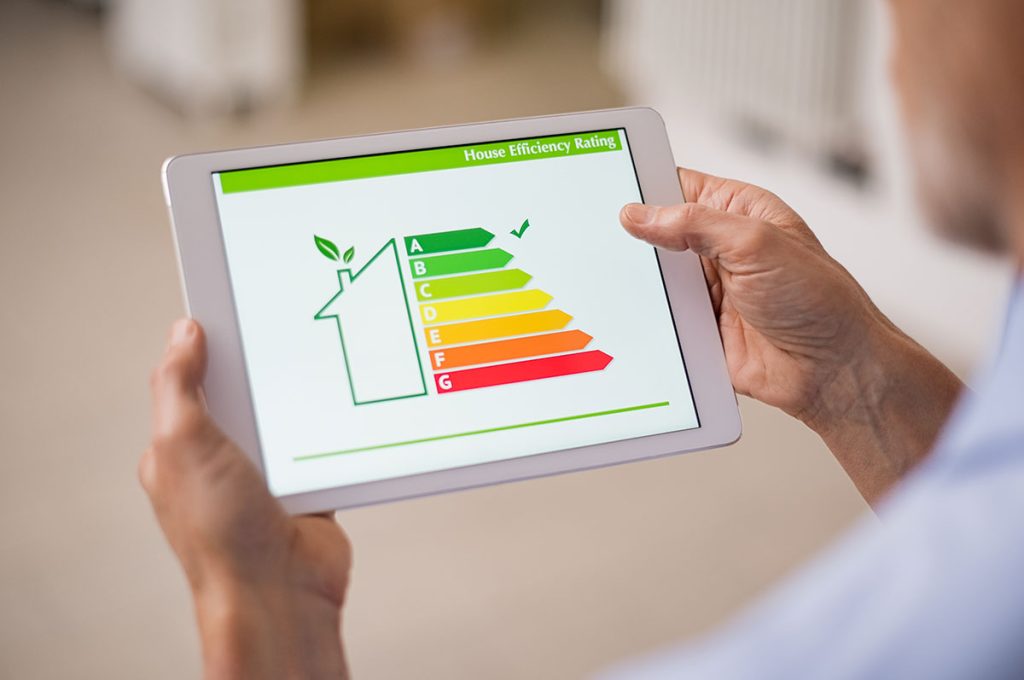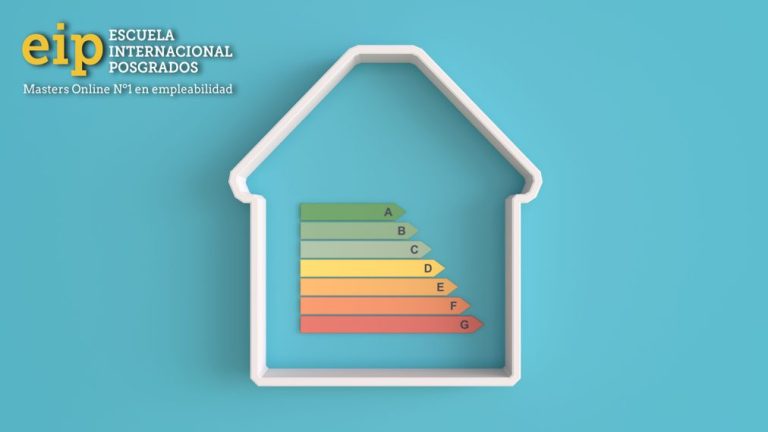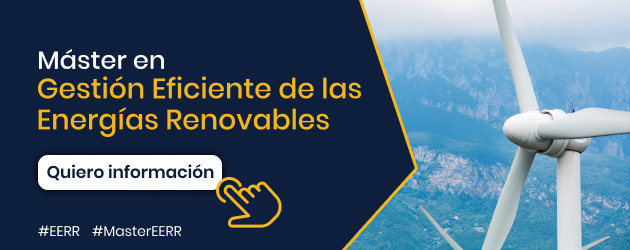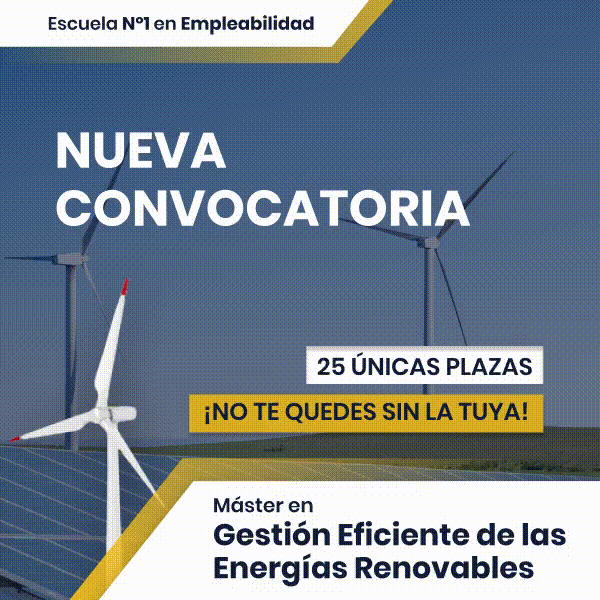EPBD 2022
Currently the European Comission is working on a proposal that aims to revise again the directive relating to Energetic efficiency of the buildings With views to reduce greenhouse gas (GHG) emissions and final energy consumption of buildings by 2030 and establish a long-term vision for buildings towards climate neutrality at EU level in 2050.
Specific objectives of the new review include increasing the pace and depth of building renovations and improving information on the energy efficiency and sustainability of buildings.
The main measures of the current review relate to setting the vision to achieve a zero-emission building stock by 2050 and reflecting a new complementary carbon metric to guide options towards decarbonised solutions.
A new definition of zero emission building is introduced to refer to a energy efficient building very high in line with the “energy efficiency first” principle, and where the very low amount of energy still required is fully covered by energy from renewable sources at building, district or community level where technically feasible (in particular, those generated on site, from a renewable energy community or from renewable energy or waste heat from a district heating and cooling system).
Zero emissions
For new buildings, the Commission proposes that, From 2030, all new buildings will be zero emissions. All new public buildings must be zero emissions from 2027.
For existing buildings, new minimum energy efficiency standards are proposed at EU level, requiring 15 % of the building stock in each worst-performing Member State to move from at least energy efficiency class G to class F, by 2027 for non-residential buildings and by 2030 for residential buildings.
Update the methodology for calculating the energy efficiency of buildings to clarify the possible use of measured energy to calculate energy efficiency and verify the accuracy of the calculated energy use. Modify the establishment of minimum energy efficiency requirements to adapt to technical progress the total exemption of protected buildings, previously possible, which allows improving the energy efficiency of said buildings without altering their technical character and appearance.

The introduction of voluntary renewal passports would provide owners with a tool to facilitate a phased renewal towards zero emissions and corresponding planning. Member States should introduce a renewal passport system based on the common framework to be developed by the Commission by the end of 2024.
Establishing stricter provisions on removing obstacles and barriers to renovation, and mobilizing financial incentives with one-stop shops accessible to all stakeholders in the construction ecosystem, so that all obstacles to renovation are addressed of buildings, not just costs, and Member States promote appropriate training. No financial incentives should be offered for the installation of fossil fuel boilers from 2027 and Member States would have the legal possibility to ban the use of fossil fuels in buildings.
Energy efficiency certificates
Increase the reliability, quality and digitization of energy efficiency certificates. The obligation to have an energy performance certificate would be extended to buildings undergoing major renovation, to buildings whose lease contracts are being renewed and to all public buildings. Buildings offered for sale or rent would also have to have a certificate. By 2025, all certificates must be based on a harmonized scale from A to G.

Pre-wiring should become the norm for all new buildings and buildings undergoing major renovation, and the deployment of charging points in new and renovated office buildings would be reinforced in particular. Mandatory bicycle parking spaces are introduced in new buildings and in buildings undergoing major renovation.
This year's review sets the future of the EPBD, setting the date for the next review at the end of 2027 at the latest.
Energy efficiency is a fundamental aspect in the construction area, responsible for adapting and optimizing buildings already built and laying out the bases and guidelines for the works of tomorrow.
To be an expert in renewable energies and the latest technologies related to energy efficiency, do not hesitate to sign up for our Master in Renewable Energy Management.

































